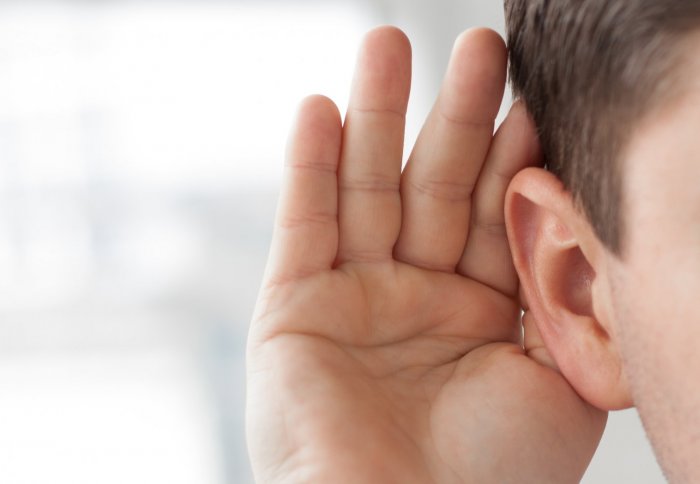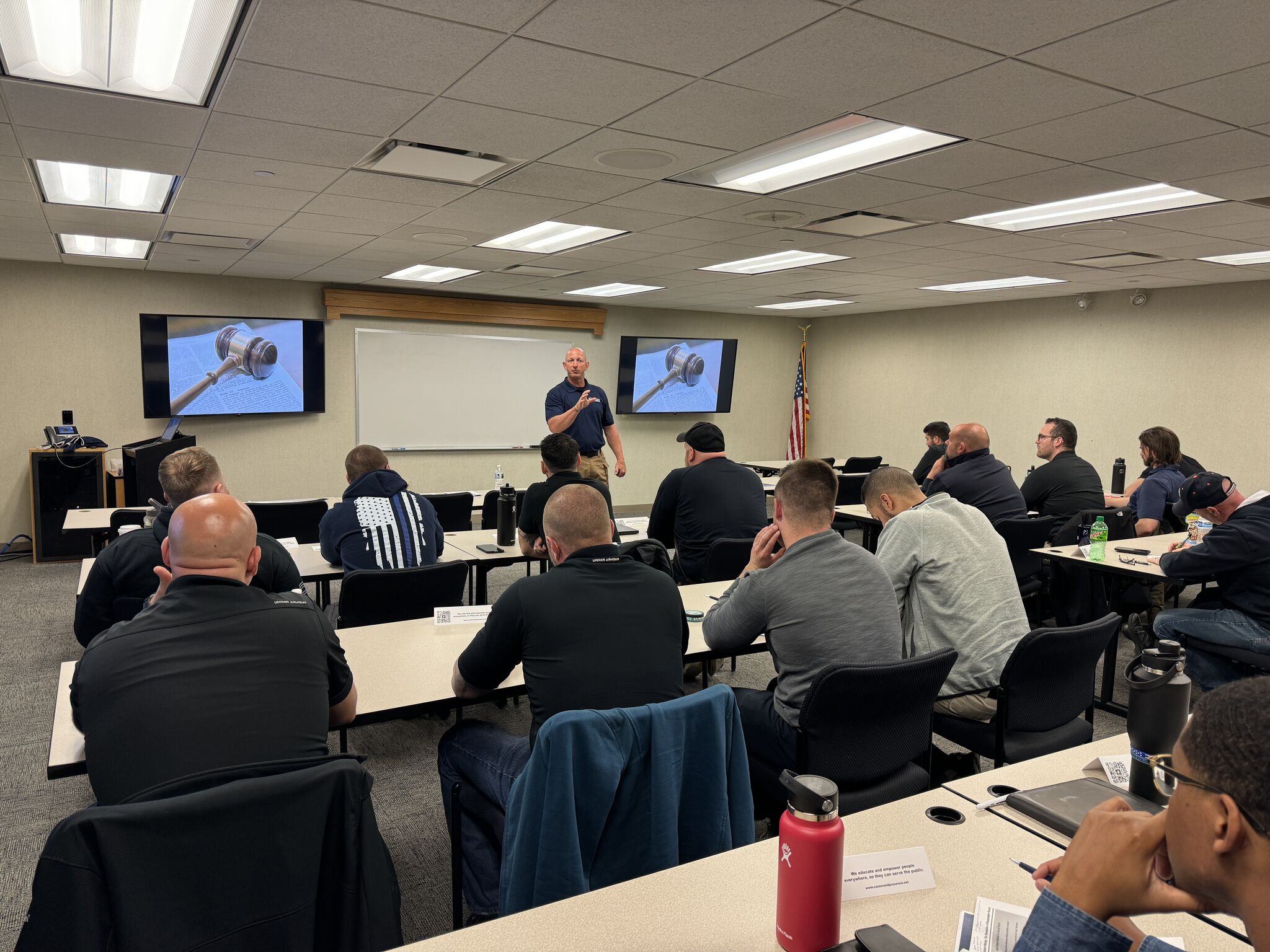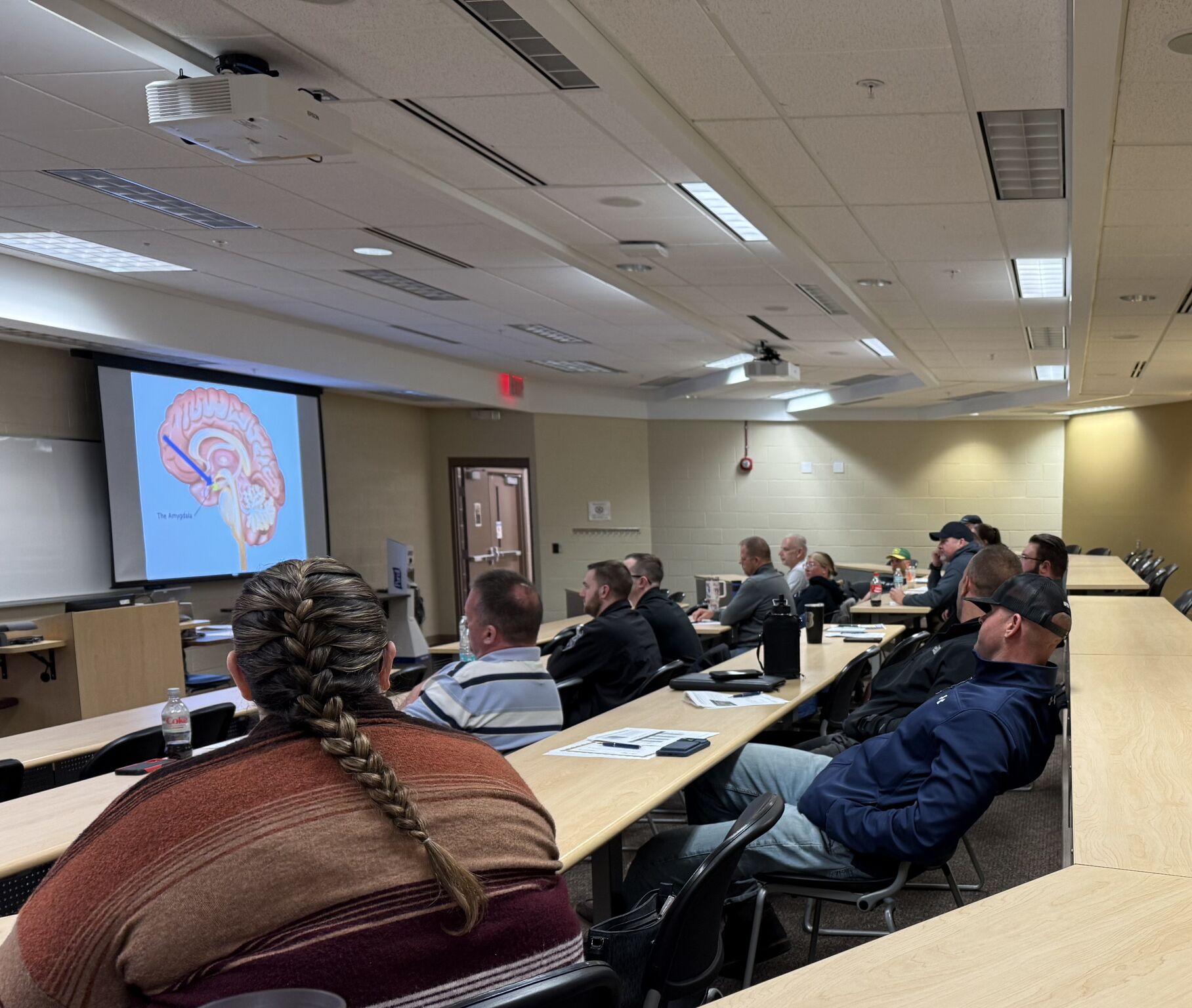In my last blog “Discretionary Time”, we talked about ways where we can intentionally create time during encounters with the public. Although it’s not always possible, we should create discretionary time whenever we can. That's why our number one rule for effective communication is communicate from a position of safety/advantage.
Once we been able to establish some control and discretionary time, we can now add our second rule of effective communication…LISTEN! I don’t want to paint all of us with a broad brush, but let’s face it, law enforcement officers aren’t always great listeners. You might be the exception to the rule, but many of us tend to get in a hurry and just want the call to get over as quickly as possible. In some of our classes, we actually do a self-assessment exercise on listening and let’s just say, the majority of officers don’t do very well.
I remember when I started in law enforcement in 1994, I was taught when I got to a call, I was supposed to identify the problem, find a solution to the problem, and then go back in service. Unfortunately, things have changed for the current generation of police officer. Due to staffing shortages, increased call volume, and responding to calls that might not even be police matters, officers seemed to be forced into getting to a call and trying to get back in service as quick as possible. Unfortunately, this may negatively affect our ability to really listen.
When we talk about Active Listening, there are three tips that might be useful:
- Really listen. Listen to understand, rather than listening to respond. This takes patience. The more time you spend listening to understand, the better chance for a successful outcome.
- Use open-ended questions. If you need clarification about something, ask, “can you tell me a little more about that?” Using open-ended questions can keep them talking.
- Paraphrase the conversation as you understand it and ask for confirmation. Explain to them what you believe they said, and then ask, “do I have that right?” That helps ensure both parties are on the same sheet of music.
I appreciate that good listening is always based upon the context of the situation and the type of call you’re on. There are plenty of calls where you have to take immediate, decisive action – but not always. In situations where we’ve been able to create discretionary time, listening becomes one of the most valuable tools you have on your toolbelt. Practice these tips on upcoming calls and let us know how they work for you. Stay Safe!




